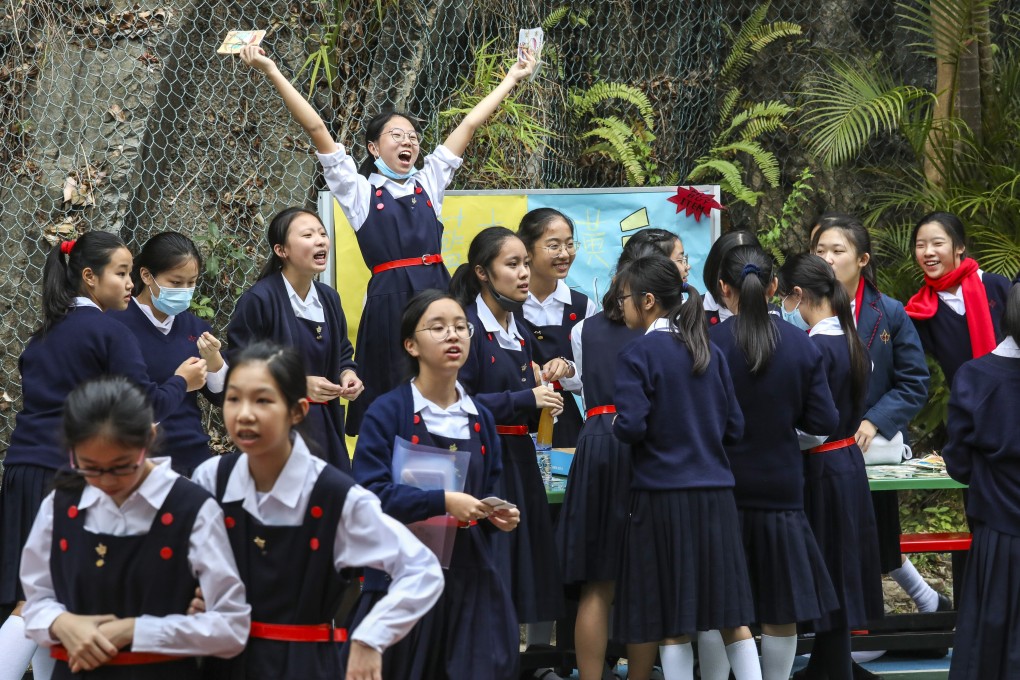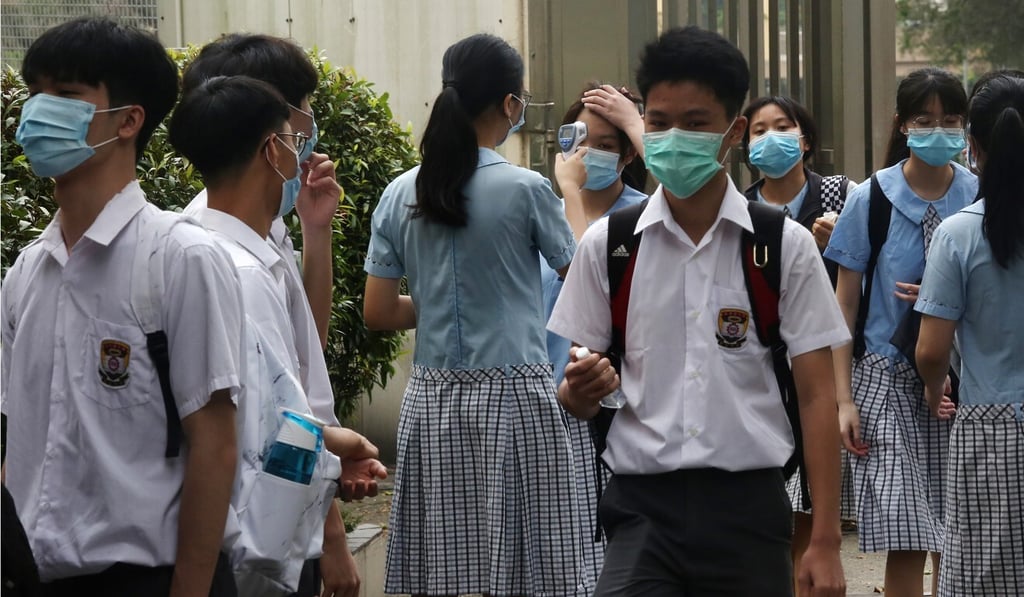Hong Kong secondary school pupils rank third among students from 27 regions surveyed for global awareness, cultural diversity
- City students come behind those from Singapore and Canada, but perform better than pupils from Scotland, Taiwan and South Korea in the study
- But Chinese University professor Hau Kit-tai, who led the research locally, says city pupils need to show greater respect to those from other cultures

Hong Kong’s secondary school pupils ranked third in the world in terms of awareness of global issues and cultural diversity, according to a study.
The city students came behind those from Singapore and Canada, but performed better than pupils from Scotland, Taiwan and South Korea, in the Programme for International Student Assessment (Pisa), which had participants from 27 countries or regions.
Greater effort is needed to improve students’ interest in learning about other cultures, respecting people from other cultures
Hong Kong students scored 542 points in the assessment’s “global competence” component, the results for which were released on Thursday. Students from Singapore and Canada scored 576 and 554 respectively.
Some 6,037 Hong Kong pupils – all aged 15 – from 152 secondary schools were randomly selected for the study, conducted between April and May in 2018.

The pupils’ knowledge, skills, attitudes and values in terms of various local and global cultural issues – including environment, public health and the economy – as well as interactions across cultures and collective well-being were assessed in the study organised by the Organisation for Economic Cooperation and Development (OECD).
Hau Kit-tai, professor of educational psychology from Chinese University, who led Hong Kong’s part in the survey, said the city students had “performed well”.